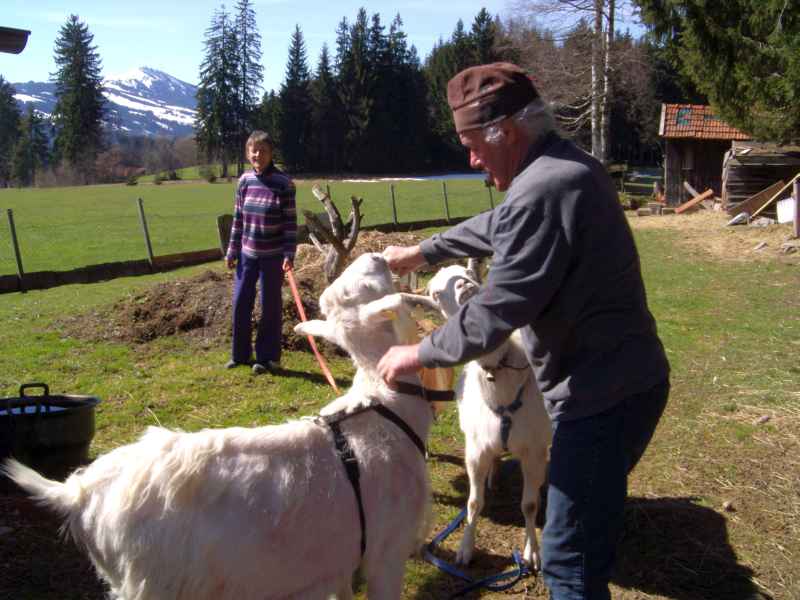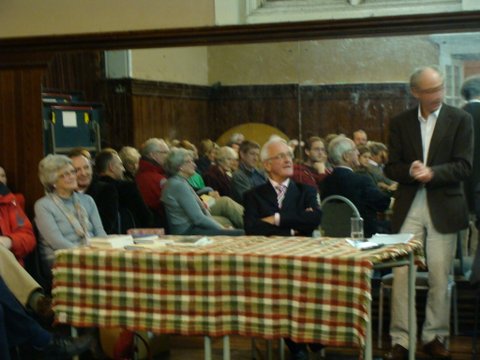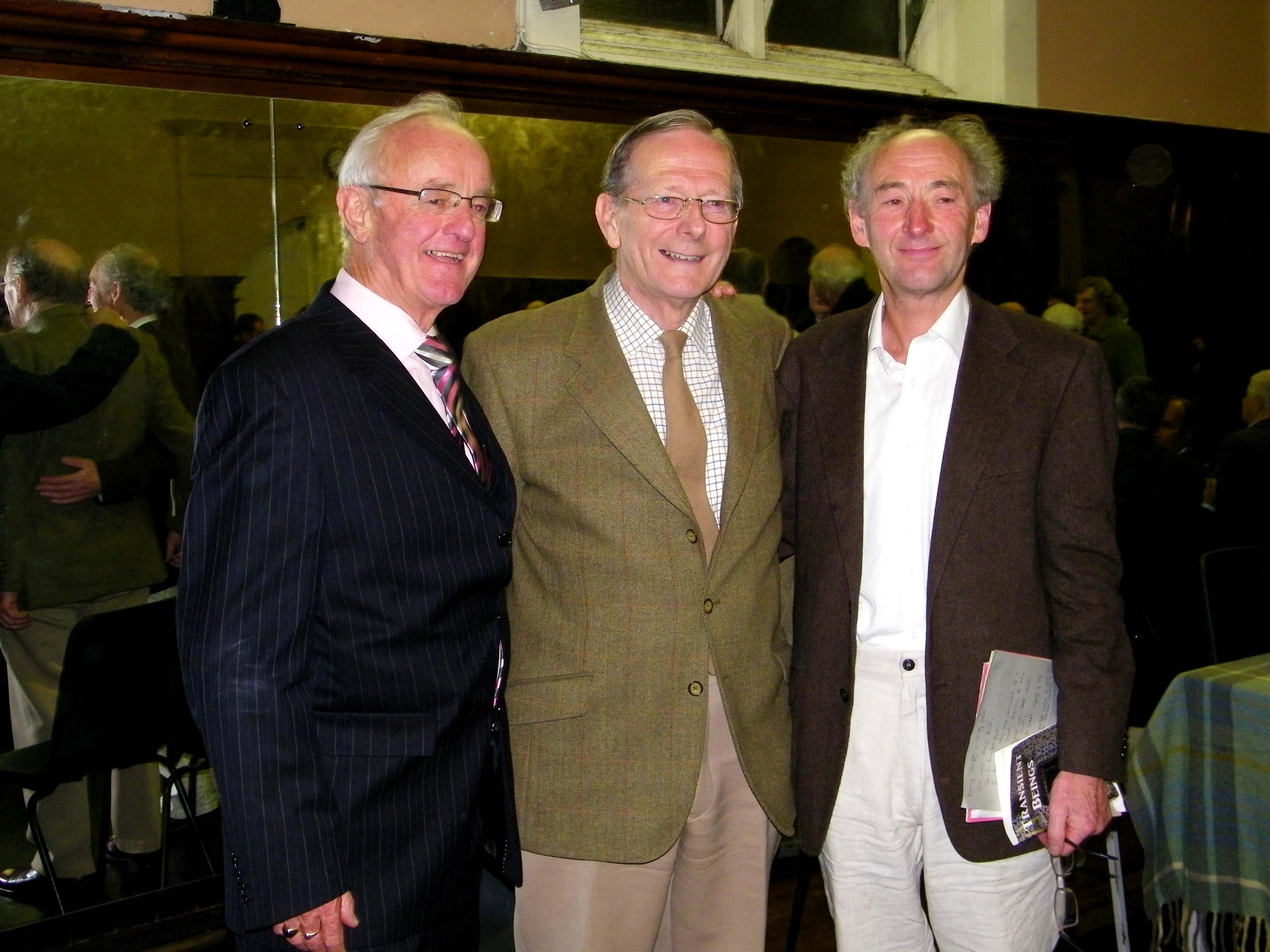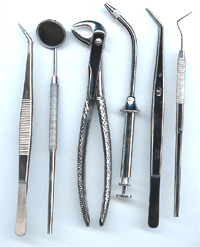Just back from Kempten, a town in Bavaria about one hour and forty minutes by train south west of Munich in the beautiful district of the Allgau.
This is the fourth year that I have been invited to Kempten to meet adult English speaking groups and a senior English class at a gymnasium (secondary school in Germany), to give some readings. This all came about after I had had a short story ‘Ted’ broadcast on Lyric FM which had a Christmas theme. Horst and Linde Altstetter, retired teachers from the Allgäu, heard the story in their holiday cottage in Donegal and wrote to ask if they might have a copy of it to use at Christmas with the groups they tutored in English.
 Horst & Linde with Donegal goats now naturalised German goats
Horst & Linde with Donegal goats now naturalised German goats
The following year Horst and Linde invited me to Kempten to meet the groups and to read. There is a full account of all of this in Chapter 4 of ‘Being Published’.
Each year in addition to meeting the groups I have been invited to give a public reading in International House in the town. This year I read the following: three pieces ‘Peter’, ‘Jerome’ and ‘The Stout Drinker’ which you can find in ‘Archives’ June 2012 in this part of the website under ‘A Miscellany of Readings and Music’.
 I then read an account from ‘Curious Cargo’ of the dramatic events on board a freighter in the Atlantic when Hilary and I, other passengers and crew prepared to abandon ship because of a fire in the engine room. The short story ‘The Archivist’, which you can read or listen to under ‘Short Stories’. When I had finished ‘The Archivist’ an elderly gentleman in the front row was heard to say to his neighbour in a stage whisper: ‘He was pushed’. After the interval I said that although I had written the story I had no idea if he fell or if he was pushed. See what you think.
I then read an account from ‘Curious Cargo’ of the dramatic events on board a freighter in the Atlantic when Hilary and I, other passengers and crew prepared to abandon ship because of a fire in the engine room. The short story ‘The Archivist’, which you can read or listen to under ‘Short Stories’. When I had finished ‘The Archivist’ an elderly gentleman in the front row was heard to say to his neighbour in a stage whisper: ‘He was pushed’. After the interval I said that although I had written the story I had no idea if he fell or if he was pushed. See what you think.
 Falkenstein: 4,189 feet up in the Allgäu Range
Falkenstein: 4,189 feet up in the Allgäu Range
I then read the short story ‘The Mother’ (Short Stories), followed by some poems among which was ‘Golf, Golf, Bloody Golf’ , a poem that every golfer should read. You can find it under ‘Poetry’ ‘Other Poems’. At the end of the evening some people wanted a copy of this! I wonder why?
 “Wildpoldsrieder Stubenmusik” provided music between readings.
“Wildpoldsrieder Stubenmusik” provided music between readings.
As usual Hilary and I were entertained royally by Horst and Linde with whom we stayed. Also by that spirited group of women ‘The Hard Tickets’ that Horst has been tutoring for over thirty years who brought us out for a meal.
 The Hard Tickets with Horst H and P
The Hard Tickets with Horst H and P
By Eva and Martin with whom we had our usual lavish breakfast including white wine! By Dietlinde and Ludwig and their boys, Simon and Johannes, who entertained us to a delightful meal and evening in their home. By Jutta and Fritz who brought us to lunch, after a hair-raising drive, to a restaurant perched on top of a mountain at Falkenstein.
 Restaurant Falkenstein, Fritz, Hilary and Jutta
Restaurant Falkenstein, Fritz, Hilary and Jutta
By Claudia who brought us to Ottobeuren to an organ recital by Johannes Lang a talented young organist from Freiburg. We expected it would be in the famous Baroque Basilica there, but it had been relocated to the modern, plain Lutheren Church in the town.
 Hilary in The Basilica, Ottobeuren
Hilary in The Basilica, Ottobeuren
We came home for a holiday!














